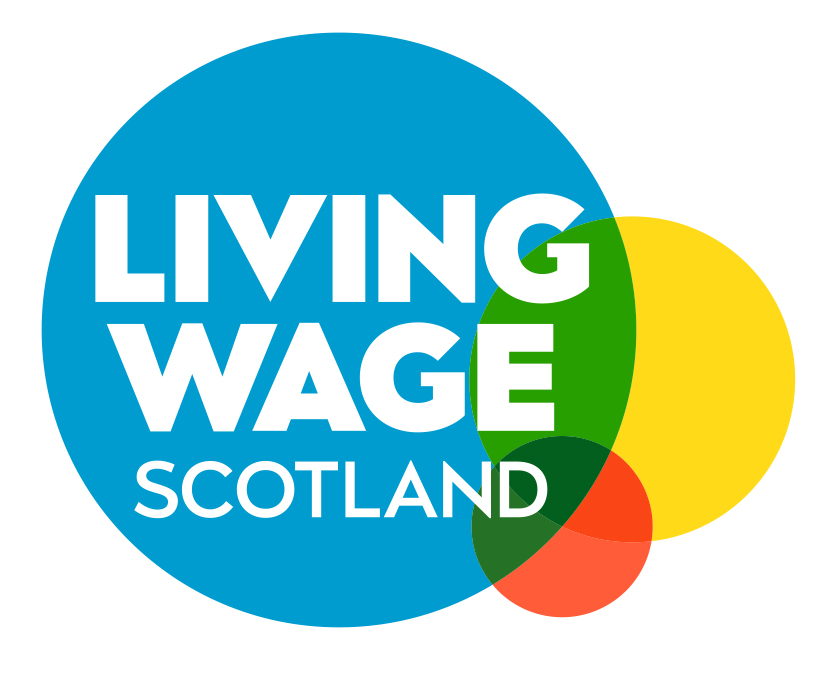Frequently Asked questions
The real Living Wage and accreditation FAQs
If you cannot find the answer to your question below, please do not hesitate to get in touch with us.
The real Living Wage is an hourly rate of pay set independently and updated annually. It is calculated according to the basic cost of living in the UK (and London), and employers choose to pay it on a voluntary basis. More information and current rates can be found on this website.
The full criteria for accreditation can be found in our guide, but in summary, the two key accreditation requirements are as follows: all directly employed members of staff aged 18 and over must be paid at least the real Living Wage; and, to the extent permitted by law, all regular contracted workers must be paid the real Living Wage.
Yes, there is an annual fee for accreditation that varies according to the total number of staff and the type of organisation. Please see the fee table on page 4 of the Employer Guide.
No, the accreditation scheme allows employers to exclude apprentices in recognition of the employer’s commitment and associated training costs. Apprenticeships must be official and integral to a recognised trade or qualification. Note that many of our accredited employers choose to pay their apprentices the real Living Wage.
Unlike apprenticeships, which are structured and audited schemes with a qualification awarded at completion, internships are not legally defined roles. Interns who are not explicitly exempt from a wage under UK Government guidelines must be paid the real Living Wage. Genuine volunteers (unpaid) are
generally not within scope of the accreditation.
A milestone is a plan to uplift regular contracted workers to the real Living Wage within an agreed timescale. Unlike directly employed staff, contracted workers do not need to be on the real Living Wage at the point of accreditation, provided the accrediting employer and Living Wage Scotland have mutually
agreed phased implementation of the real Living Wage for these workers.
Accrediting employers must work with their current contracted service providers to identify all regular contracted workers earning less than the real Living Wage. Contractors should be asked whether they would be willing to negotiate payment of the real Living Wage to these workers within a reasonable
timescale. This plan would form the basis of a milestone.
Many large private and public sector organisations have already accredited as Living Wage employers, with guidance and support from the Living Wage Scotland team. If you have a large or complex supply chain, we strongly recommend an initial meeting to discuss how the criteria and process will apply to your business.
The accrediting employer must ensure that all relevant future contracts are awarded based on payment of the real Living Wage to regular third-party workers. For organisations subject to public sector procurement regulations, Fair Work practice can be adopted to ensure that, to the extent permitted by law, contracted workers receive the real Living Wage. Our Accreditation Officers can help with more information, including best practice.
Yes, regular third-party staff working for you on your premises should be considered in-scope for your accreditation. Accrediting employers must work with their landlord to identify workers earning less than the real Living Wage (e.g. cleaning staff). Your landlord might be persuaded to pay the real Living Wage, or
you could negotiate a service level agreement to ensure these workers receive the real Living Wage for the hours worked for you. Our Accreditation Officers can offer more advice.
Only guaranteed cash payments can be included in the real Living Wage calculation. For example, an employer could include a guaranteed allowance for inner city weighting or time away from home, but performance or productivity related bonuses cannot be included.
Employer contributions to pensions cannot form part of the Living Wage calculation under any circumstances. An employee’s pension contributions may take their take-home pay below the Living Wage hourly rate. Living Wage accreditation allows for a salary sacrifice to form part of the Living Wage payment, but only if the benefit is opt-in, rather than opt-out.
The real Living Wage rates are updated annually. Accredited employers must implement the new rate at the beginning of May the following year. Accrediting employers always accredit at the current rate (e.g. the new rate, if accrediting after the announcement).
Absolutely, our Accreditation Officers can offer further guidance and answer any questions. Please contact the Living Wage Scotland team on 0141 353 0440 or accreditation@povertyalliance.org
Our useful Employer Guide can be downloaded here:

